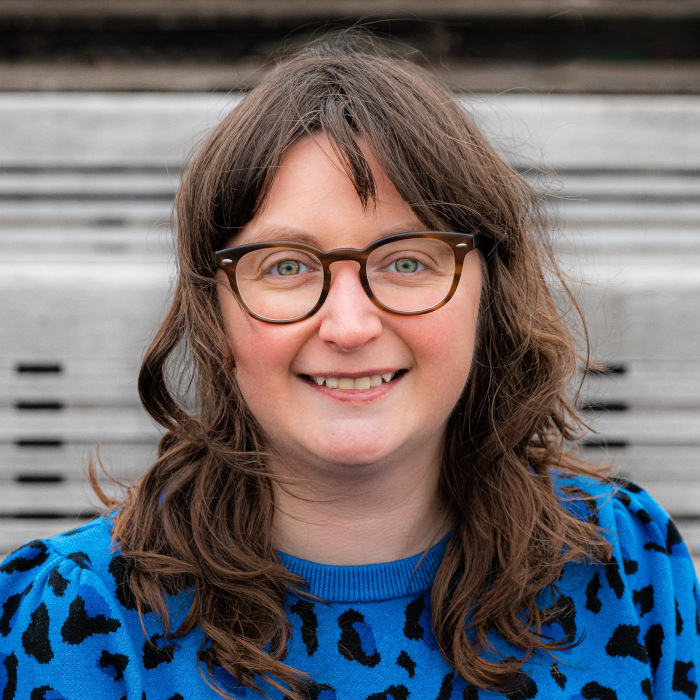How do you actively encourage all neurotypes, especially neurodivergents, to apply at your company? How do you ensure neurodivergent candidates do not fall by the wayside during the application process and remain on board after recruitment? How do you ensure a clear, non-discriminatory and low-stress process?
In an era characterised by tackling the “war for talent” and focusing on “retention” and “wellbeing”, these are pressing questions that every company must find answers to. Discover in this article some valuable tips to make a difference as an employer and build a successful neurodiverse team.
Inclusive job advertisements
This ensures that people take the step to apply for or contact your company. Many neurodivergents do not apply for a job because they don’t check all the boxes or the vacancy is unclear. This way, you might already lose the best candidate.
Use these four principles to write neuro-inclusive job advertisements:
- Keep it simple: use simple and understandable language, avoid ambiguity, etc.
- Be clear about what the job entails: desired versus required skills, communicate opportunities for reasonable adjustments, etc.
- Give a realistic impression: honestly describe the working environment, explain whether attention is paid to neurodiversity and inclusion, etc.
- Use inclusive language and layout: avoid stereotypes, use a sans-serif font, sufficient colour contrast, etc.
A tailored recruitment process
Ensure everyone gets a fair chance to show their full potential during tests and interviews, so you don’t overlook the best candidate for the job.
With these three principles, you can organise an inclusive recruitment process:
- Be clear and transparent: be clear about the steps in the recruitment process, ensure that your interview questions and tests effectively evaluate the skills required for that position (as stated in the job advertisement) …
- Offer flexibility: ask about specific needs or wishes, consider sharing the interview questions with the candidate in advance, be open to adjustments, such as a video instead of a written CV, or apply ‘open hiring’, …
- Create an inclusive experience: ensure interviews take place in low-stimulus spaces …
Inclusive onboarding
The first weeks are crucial to keeping someone on board. If it doesn’t work out well the first week, chances are that the person will be leaving quickly, and you will have to redo the recruitment.
With these three principles, you ensure an inclusive onboarding:
- Be clear and transparent: train them about the job content and social aspects of a job (the buddy system), for example, a buddy who explains how birthdays are celebrated within the company or team …
- Make any necessary adjustments: onboarding is best tailored to the individual. What do they require? Coordinate with them regularly during the induction period. Limit cognitive overload during the first days/weeks. Provide a written summary of the verbally provided information. Consider offering video or audio in addition to written documentation.
- Focus on inclusion: inform new employees within the first week about the DEI (diversity, equity and inclusion) policy and other support options, such as how to request reasonable accommodations …
Attract neurodivergent talent step by step
It is, of course, impossible to apply all these tips overnight. Therefore, look at your recruitment and onboarding process with a critical eye and decide for yourself which first step would make a significant impact in making your process more accessible to everyone, and specifically to neurodivergent candidates.
It could even include sharing or discussing this article with your colleagues. This way, we build neuro-inclusive organisations with productive and resilient neurodiverse teams and tackle the ‘war for talent’ together.
Would you like to learn more?
- In our workshop Neuro-inclusive recruitment and onboarding: crucial for innovation and the ‘War for Talent’, we delve even deeper into possible strategies and practical tips for recruitment and onboarding.
- We also advise and guide companies that want to get started with their recruitment and onboarding process in a concrete and tailor-made manner.
Please feel free to contact us for more information.
Daphné learnt how to create a safe work environment for and lead a team of neurodivergent people, after she was diagnosed with ADHD and autism. She started Bjièn with Dietrich to help other leaders and teams with the awareness of neurodiversity and make their workplace neuroinclusive. — More about Daphné
